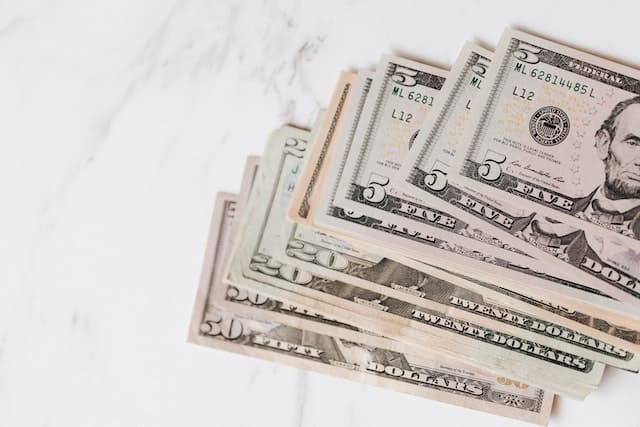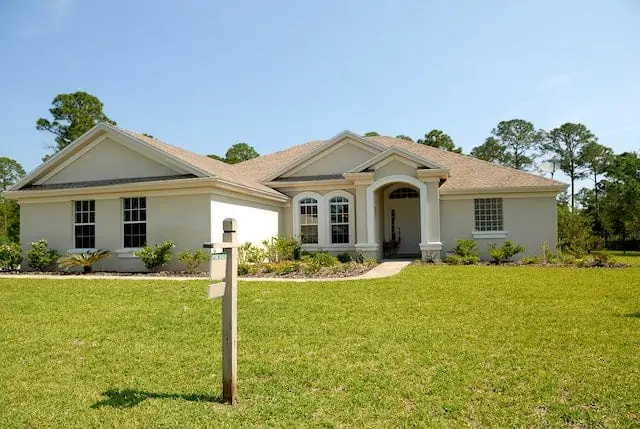The interest rate is the cost of borrowing money or the return on a deposit at a bank. Annual percentage rates (APRs) are applied to both borrowing and saving amounts. This means that if you deposit $1,000 into a savings account that earns 1% interest, you will have $1,010 a year later. Naturally, rising interest rates can have quite an impact on the housing market: some good and some bad. In today’s article, you’ll find out more about the impact of rising interest rates on the housing market and how to deal with it.
What impact will rising interest rates have on the real estate market?
The cost of a mortgage for real estate investors like landlords (assuming it’s a variable mortgage) is expected to rise dramatically over the next five years. Consequently, cash flow for property investors is expected to decrease. Furthermore, with the introduction of section 24 in 2017, homeowners with mortgages on properties held in their own names and who are also higher-rate taxpayers are subject to much higher property taxes.

A significant portion of property owners may be forced to reduce their dividend payments or perhaps go bankrupt if interest rates remain high for an extended period of time. Due to accounting practices, it seems that landlords are profitable even though they are really losing money. As a consequence, property owners will have to dig deeper into their own wallets every year to cover the annual tax cost. Real estate experts report that many homeowners may have to sell their homes because they cannot afford the higher taxes and interest rates.
Inflation Benefits for Property Investors
However, inflation does actually favor certain homeowners. If you are in debt, inflation may benefit you best. Investors borrow money to purchase homes. Housing investors borrow money to buy property. A 75% loan-to-value mortgage and a 25% deposit are typical. A $200,000 house will get a $150,000 mortgage and $50,000 from us. With an interest-only mortgage, we pay the monthly interest but still owe $150,000. We owe $150,000 on a 20-year mortgage, but inflation erodes its worth. Inflation reduces $150,000’s spending power. Property values double every decade.

Your mortgage is $150,000, but your $200,000 house may be worth $800,000 in 20 years. If you sell that house in 20 years, you’ll have to pay capital gains (unless it’s your home), but you’ll still have enough to pay off the mortgage. As you progress toward owning unencumbered properties, selling one home might pay off other mortgages. Inflation makes investing in houses possible. Fix-term mortgages help mitigate increased interest rates. However, you’ll need to get really good at spotting an overpriced property. Homeowners have gotten pretty good at masking some major issues. There are some properties that are truly overpriced, even by today’s standards.
More Options for Property Investors
Due to lower income flow caused by increased interest rates, landlords are considering selling off their homes. In the long run, this will make it easier to enter the property market and purchase new homes. Furthermore, fresh possibilities emerge for investors seeking to expand their residential or commercial real estate portfolio. If you take the necessary steps, you may buy these houses from former landlords and turn them into a profitable investment. A fixed-rate mortgage may help you turn a piece of property into a profitable investment. Moving businesses are still very busy this year. In the past few years, people have constantly been moving, selling, or buying. We heard from mybrooksmoving.com that it’s becoming very hard to accept all offers.
The Advantages of Fixed-Rate Mortgages vs. Adjustable- Rate Mortgages
The interest-only mortgage on a property to be rented out is a popular choice among American investors. The principal amount is not yet repaid, but rather, interest is paid on it every month. One option is to get a mortgage with an interest rate that fluctuates with the Bank of America’s rate. A fixed-rate mortgage, on the other hand, would guarantee that your monthly payment would remain the same regardless of fluctuations in interest rates. You will have to pay a little higher rate if you decide to lock in your interest rate rather than let it fluctuate. However, in the event that interest rates drastically increase, a fixed rate is the more secure option. A 5-year fixed-rate mortgage is now available. Due to the expectation of future interest rate increases, a growing number of homebuyers are choosing fixed-rate mortgages.

Cooling Down the Housing Market
As a result of today’s historically low interest rates, getting a mortgage loan is more affordable than ever before, which has pumped the housing market to new heights. Because of this, many renters in various regions of the USA now find it more difficult to eventually become homeowners. It’s very difficult to find your dream home at this time.
Capital Economics reports that home-seeking activity has dropped to its lowest level since May 2020. It is one of the most visible impacts of the rising interest rates on the housing market. However, housing market experts agree that prices will eventually plateau this year. This will have far-reaching effects on the economy as a whole since the current income-to-house-price ratio is the greatest it has ever been. Experts predict that home price growth will halt by the end of 2022 as a result of rising interest rates and inflation’s impact on family budgets.
What effect will rising interest rates have on first-time homebuyers?
Rising housing prices and a lack of available homes have made it difficult for first-time buyers to enter the market since the epidemic. The USA needs 600,000 additional houses annually to keep up with the existing demand. We are only constructing about half of it right now. The US housing market shows no evidence of slowing. House prices continue to rise by 0.7% month over month, the longest streak of rises in 6 years, despite rising worries about living expenses and considerable increases in energy bills.
The “competition for space” that began in bigger cities during the pandemic, is expected to continue as people leave smaller urban dwellings for larger, more remote homes. But this creates additional options for customers interested in purchasing flats in major urban areas. So, in a way, the rising interest rates on the housing market do have certain benefits for investors. However, not so much for the average person.

